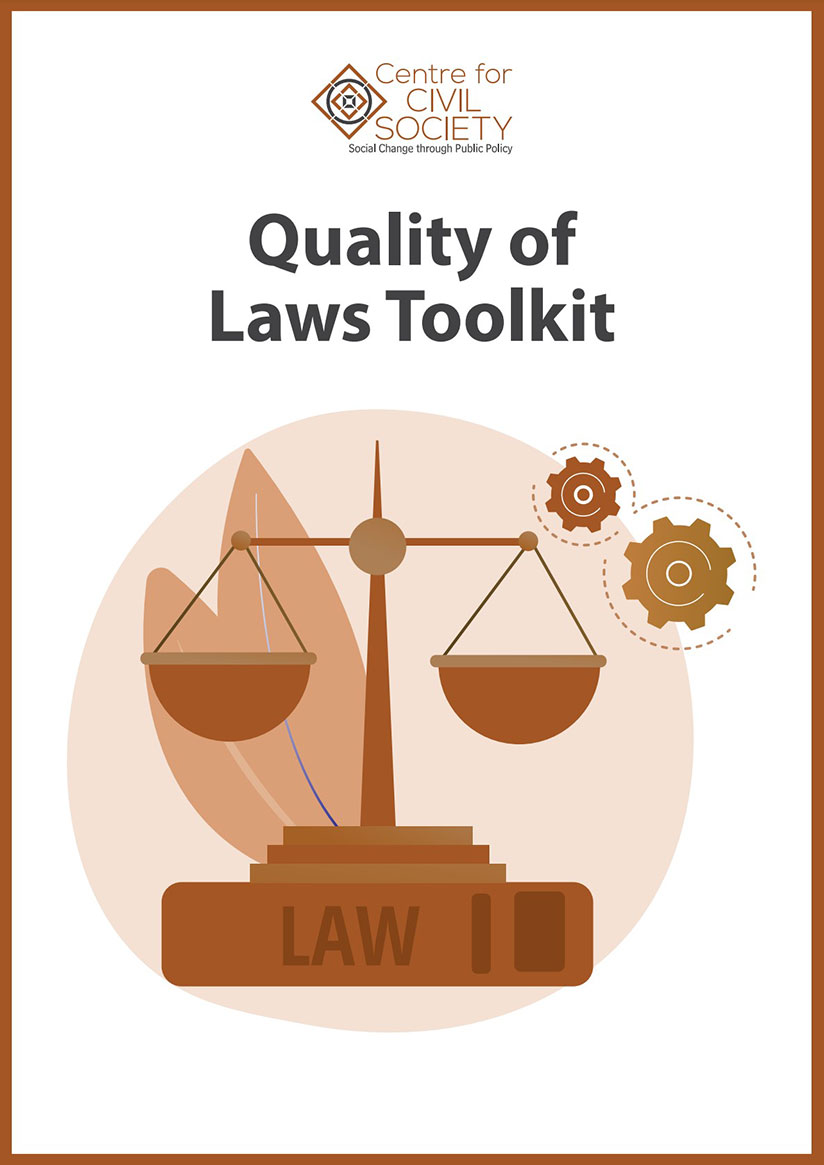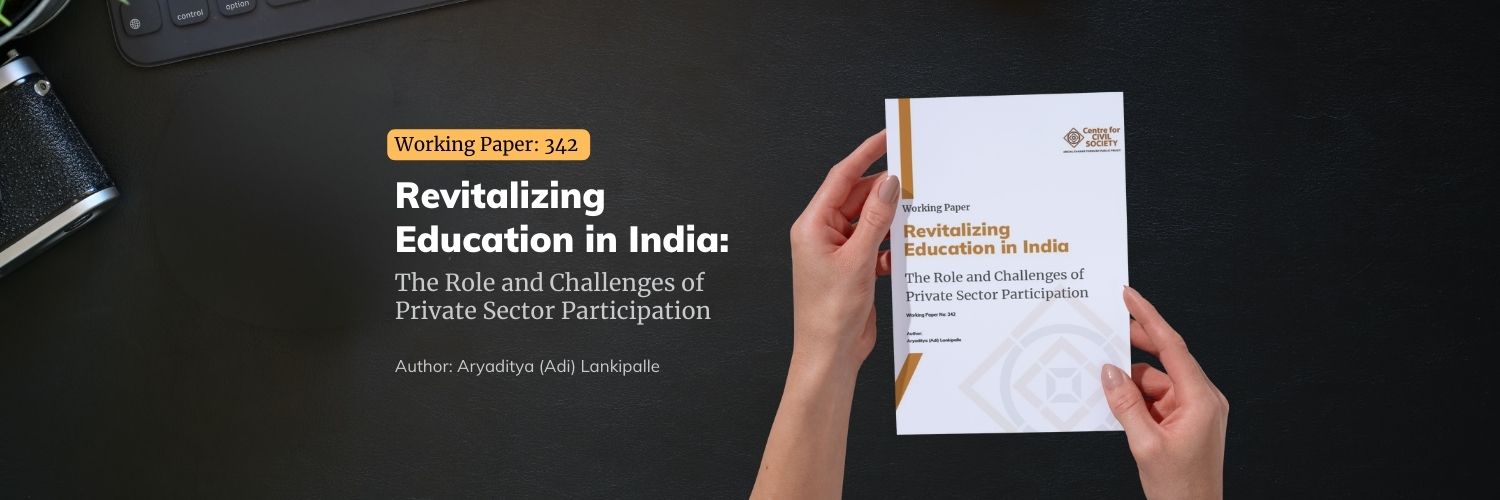Laws and regulations impact the social and economic wellbeing, and freedom of members of a society. They alter how individuals interact and trade with each other. While all laws and regulations alter behaviour and impact stakeholders, a good regulation maximises social welfare while minimising the cost and extent of intervention (CUTS Centre for Competition, Investment & Economic Regulation).
A cost-benefit analysis alone is insufficient to assess the quality of a law or regulation. Partly, this is because it is not possible to know all the costs and benefits associated with a specific law or regulation. While known costs and benefits can be calculated, there will be costs and benefits that are impossible to predict ex-ante (Frédéric Bastiat 1850). Added to this, is the knowledge problem. All the relevant information will never be available to any one individual since this knowledge and data is distributed among individual actors (Friedrich Hayek 1945).
The Quality of Laws toolkit attempts to address this gap. It draws from international literature on administrative law and various global indices of regulatory quality like the World Bank Global Indicators of Regulatory Governance (GIRG), OECD Indicators of Regulatory Policy and Governance, and the European Union’s Better Regulation Toolbox. Last year, Centre for Civil Society released a binary-style ‘Quality of Regulation’ checklist (Anand et.al 2019). It outlined the minimum set of benchmarks that a law must meet irrespective of the sector it governs.
This year, based on the checklist, we developed a scorecard to measure the quality of laws and rules (Forthcoming 2021). It constitutes three parts: Representation safeguards (i.e accessibility of laws and public consultation), Rights safeguards (i.e. checks on executive discretion) and Resource safeguards (i.e. administrative burden imposed and change in incentive structure using Epstein’s framework).



